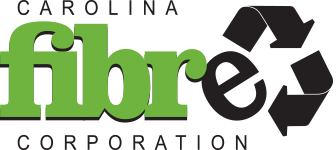A Natural Recycling Method
Recycling, by definition, gives us the ability to take used materials and put them back into commercial production, either as a similar product or something else entirely. But have you ever considered the possibility of recyclable products like plastic being repurposed as a food source?
The wax worm is actually quite fond of plastic snacks, namely plastic bags. A study conducted about three years ago by Federica Bertocchini at the University of Cantabria in Spain first revealed the insect’s propensity for chowing down, during which the test subjects were able to make sizable holes in plastic shopping bags after about 40 minutes. It might not sound like much, but in the long run, every little bit counts.
Wax worms take up residence in beehives, which is where they typically gain their sustenance. They eventually take on the form of a smaller moth, after consuming plenty of wax from the hives. It’s their natural food source preferences that ready their digestive systems for the materials found in most plastic bags. Both wax and plastic are, at their cores, carbon polymers that the insects can easily break down.
The excitement over this discovery stems from the fact that plastic makes up a significant portion of world waste production, and often doesn’t degrade as easily as other materials. Rather than adding to global pollution, the plastic could now be disposed of by wax worms as a food source. It may not be recycled through an industrial or commercial process to be remade into similar products, but this organic alternative takes it out of the pollution equation altogether and makes way for new and innovative options instead.
But is feeding the worms a viable and immediate solution to the continual struggle for a smaller environmental impact? Critics are wary of introducing the insects as a prime biodegradation process given the unpredictability of their appetites and the amount of time it takes them to dispose of something as relatively small as a plastic grocery bag. But the same scientists that realized the worms’ potential for sustainability practices also discovered that is was an enzyme or bacteria in them that broke down the plastic, meaning that they didn’t necessarily have to actively chomp into the material to get rid of it.
While these studies move forward, Carolina Fibre will continue to provide excellent commercial recycling services for aluminum, paper and plastic products. If you’re ready to move forward with a business recycling plan – without waiting for the worms to be made readily available – contact us for a consultation!
